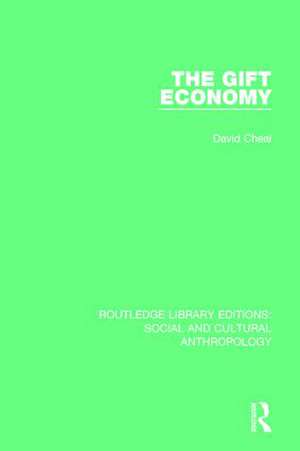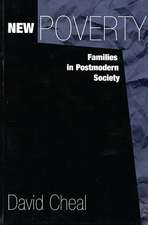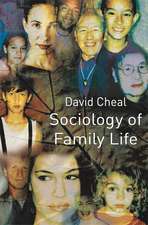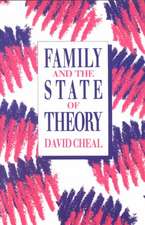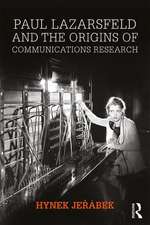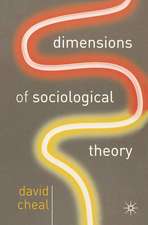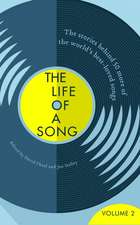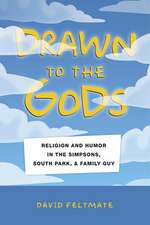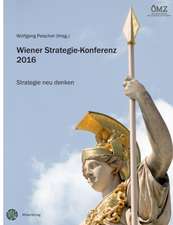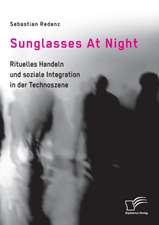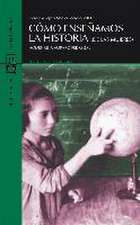The Gift Economy: Routledge Library Editions: Social and Cultural Anthropology
Autor David Chealen Limba Engleză Paperback – 21 mar 2017
| Toate formatele și edițiile | Preț | Express |
|---|---|---|
| Paperback (1) | 242.79 lei 43-57 zile | |
| Taylor & Francis – 21 mar 2017 | 242.79 lei 43-57 zile | |
| Hardback (1) | 1001.84 lei 43-57 zile | |
| Taylor & Francis – 21 iul 2015 | 1001.84 lei 43-57 zile |
Preț: 242.79 lei
Preț vechi: 293.95 lei
-17% Nou
Puncte Express: 364
Preț estimativ în valută:
46.47€ • 50.50$ • 39.06£
46.47€ • 50.50$ • 39.06£
Carte tipărită la comandă
Livrare economică 21 aprilie-05 mai
Preluare comenzi: 021 569.72.76
Specificații
ISBN-13: 9781138928312
ISBN-10: 1138928313
Pagini: 242
Dimensiuni: 156 x 234 x 18 mm
Greutate: 0.23 kg
Ediția:1
Editura: Taylor & Francis
Colecția Routledge
Seria Routledge Library Editions: Social and Cultural Anthropology
Locul publicării:Oxford, United Kingdom
ISBN-10: 1138928313
Pagini: 242
Dimensiuni: 156 x 234 x 18 mm
Greutate: 0.23 kg
Ediția:1
Editura: Taylor & Francis
Colecția Routledge
Seria Routledge Library Editions: Social and Cultural Anthropology
Locul publicării:Oxford, United Kingdom
Public țintă
Postgraduate and UndergraduateCuprins
1. Moral Economy 2. Tie-signs 3. Transactions and Relations 4. Love Culture 5. Social Reproduction 6. Intimacy and Community 7. Gift Games 8. The Social Future
Descriere
Until recently we have known more about gift giving practices in pre-industrial societies than about those of industrial western society. In this book, first published in 1988, David Cheal shows that the process of present giving and receiving is a vital element in contemporary social life, relevant to some of the most important theoretical traditions in sociology, particularly those of Durkheim and Weber, and to the social constructionism of Peter Berger and Thomas Luckmann. This volume is the result of a major study of gift rituals carried out by David Cheal and his associates in which general themes are richly illustrated with details from individual case histories gathered during the research. It is highly significant that in western society women are more active gift givers than men and, while their voices explain how emotions and interests are interrelated within the gift economy, the author shows how that in turn is related to current theories about family, gender and religion.
